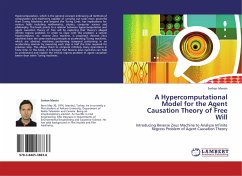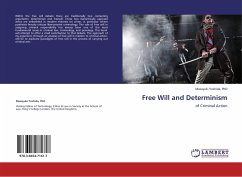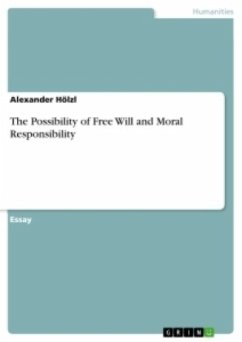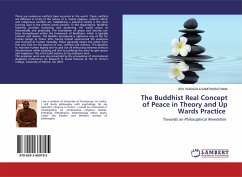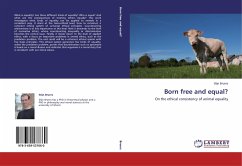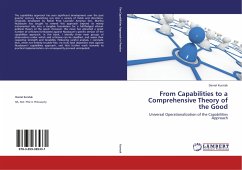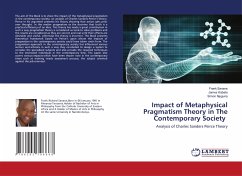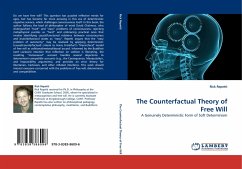
The Counterfactual Theory of Free Will
A Genuinely Deterministic Form of Soft Determinism
Versandkostenfrei!
Versandfertig in 6-10 Tagen
52,99 €
inkl. MwSt.

PAYBACK Punkte
26 °P sammeln!
Do we have free will? This question has puzzled reflective minds for ages, but has become far more pressing in this era of deterministic cognitive science, which challenges consciousness itself. In this book, the author follows the lead of philosopher of mind David Chalmers, who distinguished hard and easy problems of consciousness, rejecting metaphysical puzzles as hard and embracing practical ones that involve identifying causal/functional relations between consciousness and brain/behavioral states as easy . Repetti argues that the easy problem of autonomy may be resolved by applying determi...
Do we have free will? This question has puzzled reflective minds for ages, but has become far more pressing in this era of deterministic cognitive science, which challenges consciousness itself. In this book, the author follows the lead of philosopher of mind David Chalmers, who distinguished hard and easy problems of consciousness, rejecting metaphysical puzzles as hard and embracing practical ones that involve identifying causal/functional relations between consciousness and brain/behavioral states as easy . Repetti argues that the easy problem of autonomy may be resolved by applying deterministic (causal/counterfactual) criteria to Harry Frankfurt's "hierarchical" model of free will as volitional/metavolitional accord. Informed by the Buddhist (and Lockean) intuition that reflection on volition is liberating, the resulting metacausal account handles several objections to determinism-compatible accounts (e.g., the Consequence, Manipulation, and Impossibility arguments), and provides an error theory for libertarian, Cartesian, and other inflated intuitions. This work should interest everyone concerned with the problems of free will, determinism, and compatibilism.



